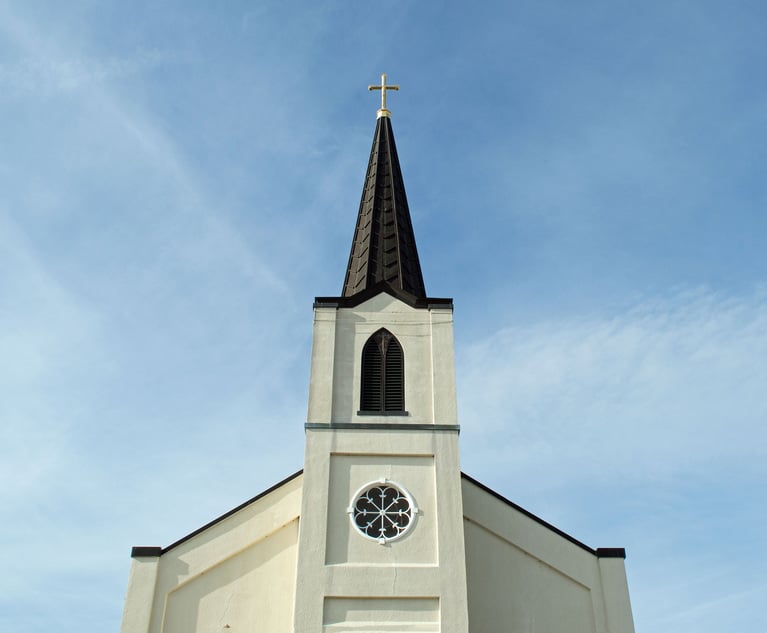 Agents and brokers are the communication liaison between the insurance companies and the customers. (Credit: James/Adobe Stock)
Agents and brokers are the communication liaison between the insurance companies and the customers. (Credit: James/Adobe Stock)
Insurance agents and brokers who work with houses of worship are inundated with questions from customers about why their premiums are increasing and capacity and limits are decreasing.
Recommended For You
Want to continue reading?
Become a Free PropertyCasualty360 Digital Reader
Your access to unlimited PropertyCasualty360 content isn’t changing.
Once you are an ALM digital member, you’ll receive:
- Breaking insurance news and analysis, on-site and via our newsletters and custom alerts
- Weekly Insurance Speak podcast featuring exclusive interviews with industry leaders
- Educational webcasts, white papers, and ebooks from industry thought leaders
- Critical converage of the employee benefits and financial advisory markets on our other ALM sites, BenefitsPRO and ThinkAdvisor
Already have an account? Sign In Now
© 2025 ALM Global, LLC, All Rights Reserved. Request academic re-use from www.copyright.com. All other uses, submit a request to [email protected]. For more information visit Asset & Logo Licensing.








